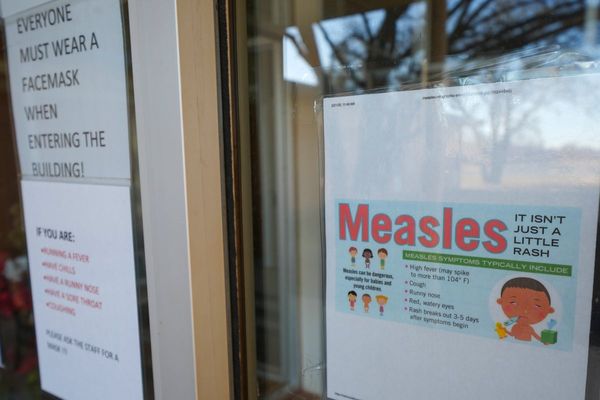With the Easter holidays now well underway for most of us, a number of European nations have eased restrictions in recent days and weeks.
After so much time at home, many of us are clearly keen to get away. Airlines such as Jet2, TUI and Ryanair have already said bookings for places such as Spain and the Canary Islands have increased in recent months.
But for those of us who manage to go abroad, what are the rules? Will we still have to wear masks, or socially distance? As has been the case previously, the restrictions are slightly different depending on your destination.
READ MORE: Cyprus travel update and latest rules for Spain, Turkey and Greece
In Greece, for example, masks must be worn in all public spaces. In some venues, such as in supermarkets and on public transport, people must wear either double masks (at least one of which should be surgical), or an N95/FFP2 mask.
All restrictions remain under regular review. In some parts of the country where the spread of covid is particularly high and hospital capacity is limited, restrictions may be tighter or re-imposed with limited notice. People are advised to check the latest local guidance and follow the advice of local authorities.
Proof of vaccination is required to enter public spaces such as shops, restaurants and museums. You should be prepared to demonstrate your proof of vaccination and present ID when asked.
Anyone who is not fully vaccinated will not be allowed to enter nightclubs, restaurants (indoors), theatres, cinemas, museums, exhibitions, conferences, gyms and stadiums; and must also present proof of a negative test, taken up to 48 hours before entry, to visit other public spaces including shops and restaurants (outdoors).
Failure to comply with these rules may be met with fines of up to €5,000. Unvaccinated children aged 4-18 also require a negative self-test to enter public spaces such as shops, restaurants (indoor and outdoor) and museums.
Church and other religious services have restricted numbers in place. A maximum of three people, unless related, can travel in a taxi together, and people are "strongly recommended" to take a test before any outing.
Here, we take a look at the rules for other destinations that are popular with British tourists.
Spain
In Spain, people are to observe social distancing measures at all times. This means keeping a distance of 1.5 metres from others.
Face masks are mandatory for anyone over the age of six years old on all forms of public transport in Spain and in many other indoor public spaces. Face masks must also be worn at large, open air, standing events and seated events where social distancing of 1.5m cannot be observed.
People are asked to wash their hands frequently and carry a face mask at all times. While not obligatory, it is "recommended" that children aged 3-5 wear masks. Tourists should also refer to local authorities for any additional measures where you are as this may vary from one region to the next.
France
Face masks are mandatory on public transport and in all health establishments (hospitals, clinics, retirement homes, nursing homes and assisted living, as well as establishments for people with disabilities). Masks are also compulsory in taxis and private hire vehicles without a plexiglass screen.
A vaccine pass is also required to enter health establishments. The "pass sanitaire" can be obtained from the French government by fulfilling one of the following criteria:
- A vaccination certificate (France will accept the UK’s proof of Covid-19 recovery and vaccination record)
- A negative PCR or antigen result from a test taken within the last 24 hours
- A document (dated more than 11 days ago and less than six months ago) proving you have recently recovered from Covid-19
Children under 12 are exempt from the pass sanitaire requirements.
Turkey
Face masks are no longer required outdoors or indoors if "air circulation and social distancing are adequate".
Guidance on the UK Foreign Office website states: "You should ensure that you are prepared for any unplanned or extended stays due to changes in COVID-related restrictions or your travel arrangements".
Receive newsletters with the latest news, sport and what's on updates from the Liverpool ECHO by signing up here







